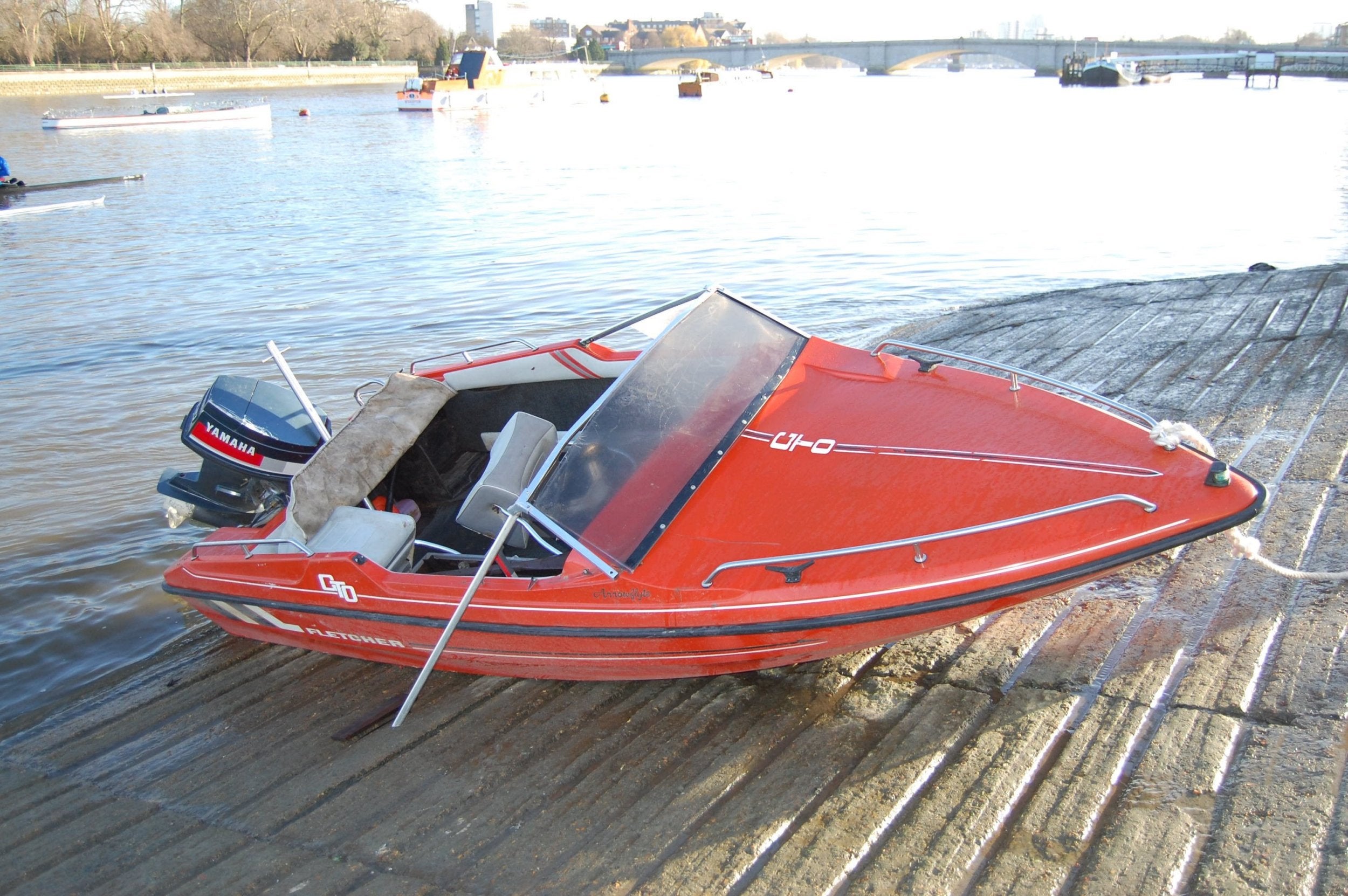Fugitive speedboat owner who killed woman on first date launches appeal against conviction while still on run
Jack Shepherd in contact with legal team from hiding
A man convicted of killing a woman on their first date in a speedboat crash on the River Thames has launched an appeal - despite being on the run from police.
Jack Shepherd, 31, was jailed for six years in absentia after skipping bail during his Old Bailey trial in July.
But his lawyers have lodged appeals against both his manslaughter conviction and sentence at the Court of Appeal.
A warrant remains out for Shepherd’s arrest and investigators said he was last seen in Devon in March, urging anyone who knows his whereabouts to call police.
A spokesperson for Scotland Yard said officers are pursuing a number of lines of inquiry amid fears the web designer has fled the country.
Relatives of his victim, 24-year-old Charlotte Brown, have called for him to face justice after being convicted of manslaughter by gross negligence, while The Sun newspaper has put out a £10,000 reward.
At his sentencing, Shepherd's lawyer Stephen Vullo QC said his client could not face the Brown family in the dock and described his decision not to attend court as “cowardice”.

Before the start of his trial, Shepherd informed his lawyers that he did not plan to attend but remained in contact with them throughout.
Tuckers Solicitors confirmed that he had absconded and said they did not know where he is, despite “intermittent” contact.
They said he had asked his counsel if he had grounds for appeal, was told that he does and then instructed his lawyers to submit them.
Andrew Katzen, a partner at criminal law firm Hickman and Rose, said lawyers have professional duties of confidentiality to clients “which prevent them revealing a client’s whereabouts” in everything but the most extreme circumstances.
“It’s quite unusual for someone to be convicted of a crime in absentia having absconded,“ he added. "It’s much more unusual for the convicted person to then seek to appeal their conviction while still at large.
“Yet as this case shows, it isn't impossible. If there has been a serious error of law at trial which makes the conviction unsafe then in theory this appeal could be successful.
“However, even if permission to appeal is granted the Court of Appeal will only hear an appeal of a fugitive in exceptional circumstances so it’s unclear in practice whether this proposed appeal will get very far.”

Shepherd met Ms Brown on a website and the pair were on their first date when he tried to impress her with a ride on his speedboat in December 2015.
Prosecutor Aftab Jafferjee QC told jurors it was “sheer madness” to take the boat out that night, with life jackets tucked away, the engine kill cord not connected, and in full knowledge of defects including faulty steering.
The pair had been for dinner up the Shard, where they drank two bottles of wine before getting a taxi back to Shepherd’s houseboat near Hammersmith Bridge and boarding his speedboat “Arrowflyte”.
The Old Bailey heard that despite knowing they were both drunk, Shepherd waited for the highest tide to enable the fastest speeds possible, late at night in full darkness and winter weather conditions.
Having owned and used the boat for several months, he had previously given dates the controls and been stopped by the police for speed, conduct on the river and general poor condition of the boat.
Shepherd admitted driving at “full throttle”, above the speed limit and in an erratic manner towards Westminster, after making no effort to give Ms Brown a life jacket or make her aware of those on board.
Shepherd then encouraged her to take over the controls, despite not checking whether she had any previous boating experience or could swim, and knowing that the boat had several faults including a steering defect.
Witnesses saw the speedboat driving erratically and at speed before it hit partially submerged debris and capsized near Wandsworth Bridge shortly before midnight.
Shepherd was heard shouting for help before being found clinging to the upturned speedboat and treated for hypothermia, while Ms Brown was pulled from the water around half an hour after the crash and never recovered consciousness.
She was pronounced dead at 2am and a post-mortem examination listed potential causes including asphyxia due to airway obstruction, electrolyte imbalance following aspiration of large volumes of water, hypothermia and vagal shock.
Shepherd was initially treated as a significant witness rather than a suspect but following a review he was charged with manslaughter in Abergavenny, Wales, in September.
The defendant, who lived on the houseboat in Hammersmith and was originally from Exeter, had denied manslaughter.
Additional reporting by PA

